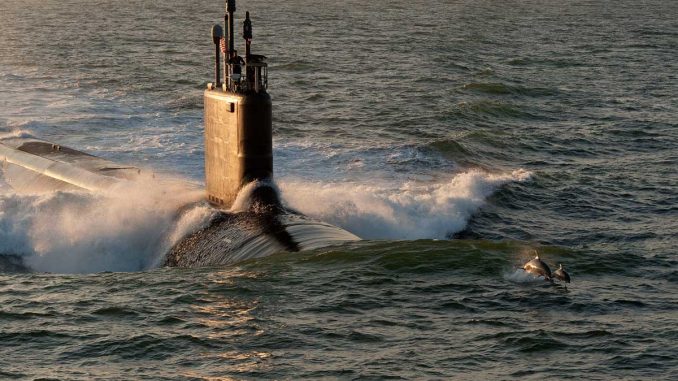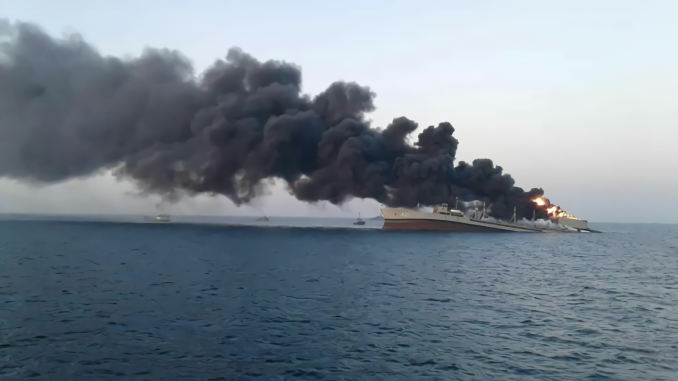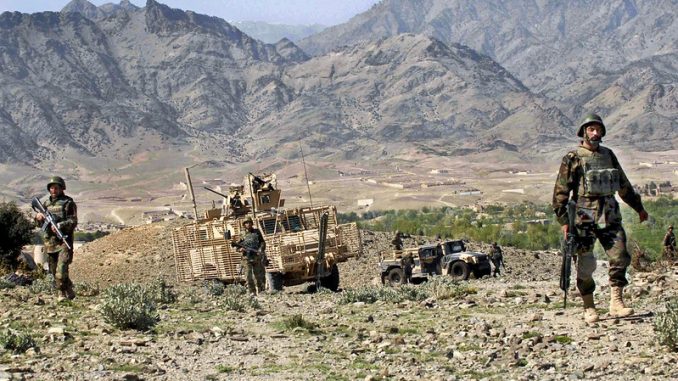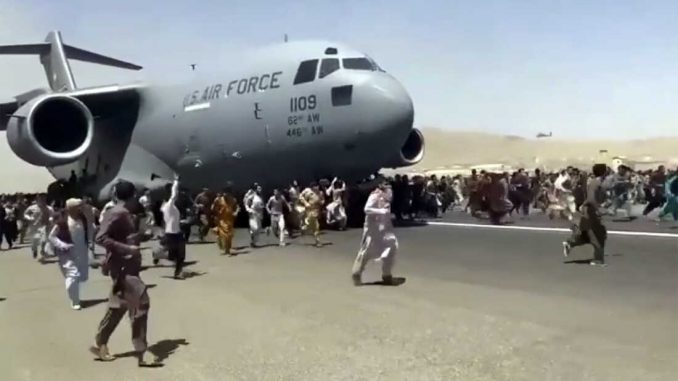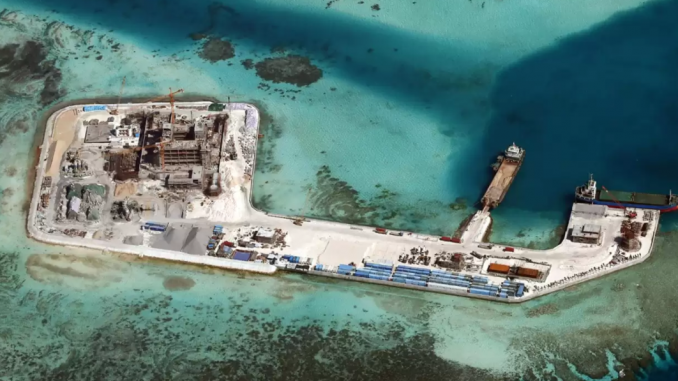Articles on cyber defense, developing conflicts, terrorism or maritime security among others. Quality and current analysis only for subscribers.
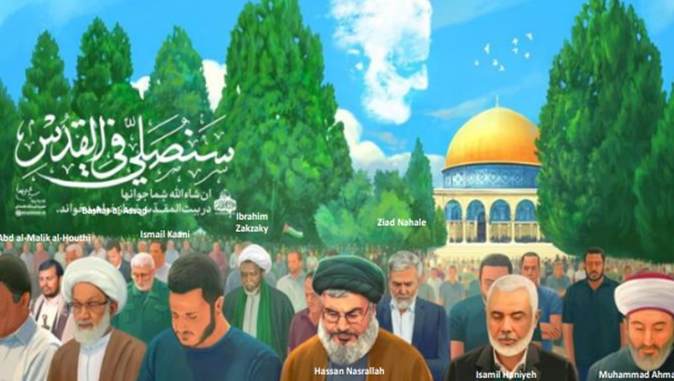
Hezbollah: Influence and power in Africa
When talking about the expansion of jihadism on the African continent, little emphasis is usually placed on the extensive presence of Hezbollah. The spotlight tends to focus on the proxies of Daesh and Al-Qaeda in the region, as the Lebanese terrorist group strengthens its presence on the continent outside of media attention. The expansion of Hezbollah's power in Africa ranges from religious and cultural influence to military establishment, as well as the logistical base of its global organized crime network. (Continue…) Dear reader, this article is exclusively for paying users. If you want to access the full text, you can subscribe to Ejercitos Magazine taking advantage of our offer for new subscribers through the following link.


